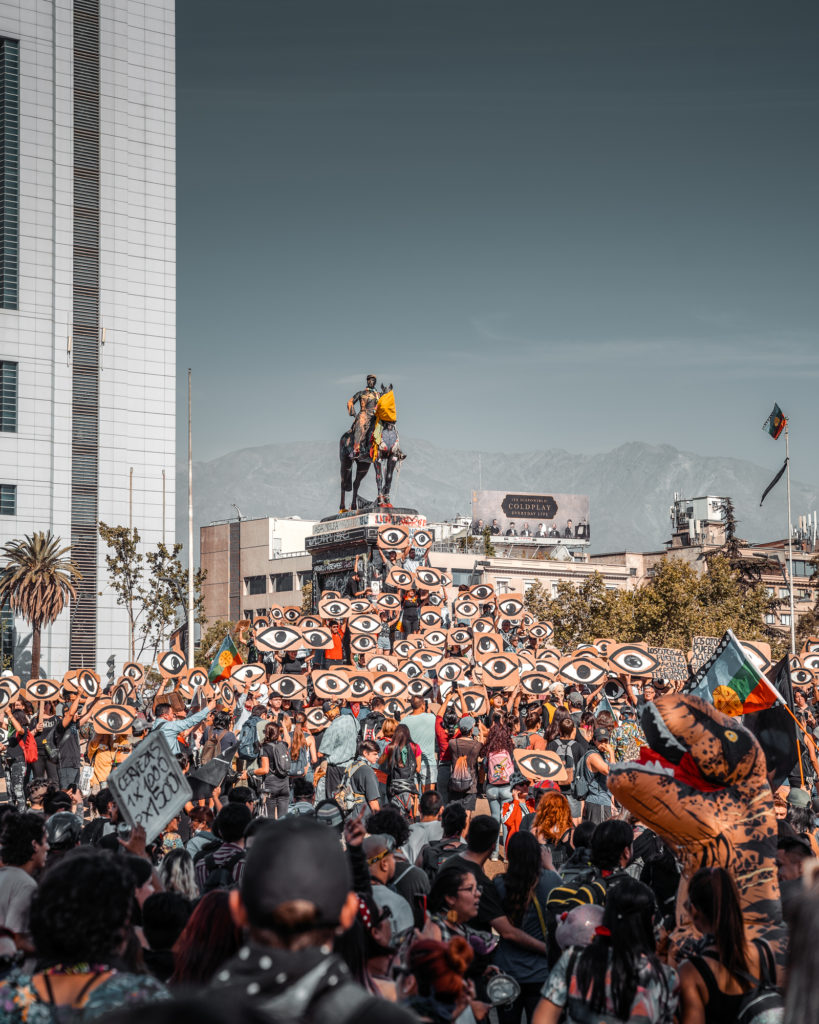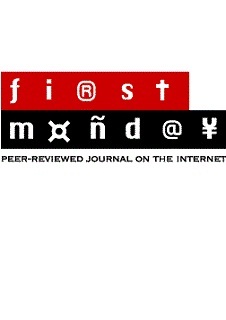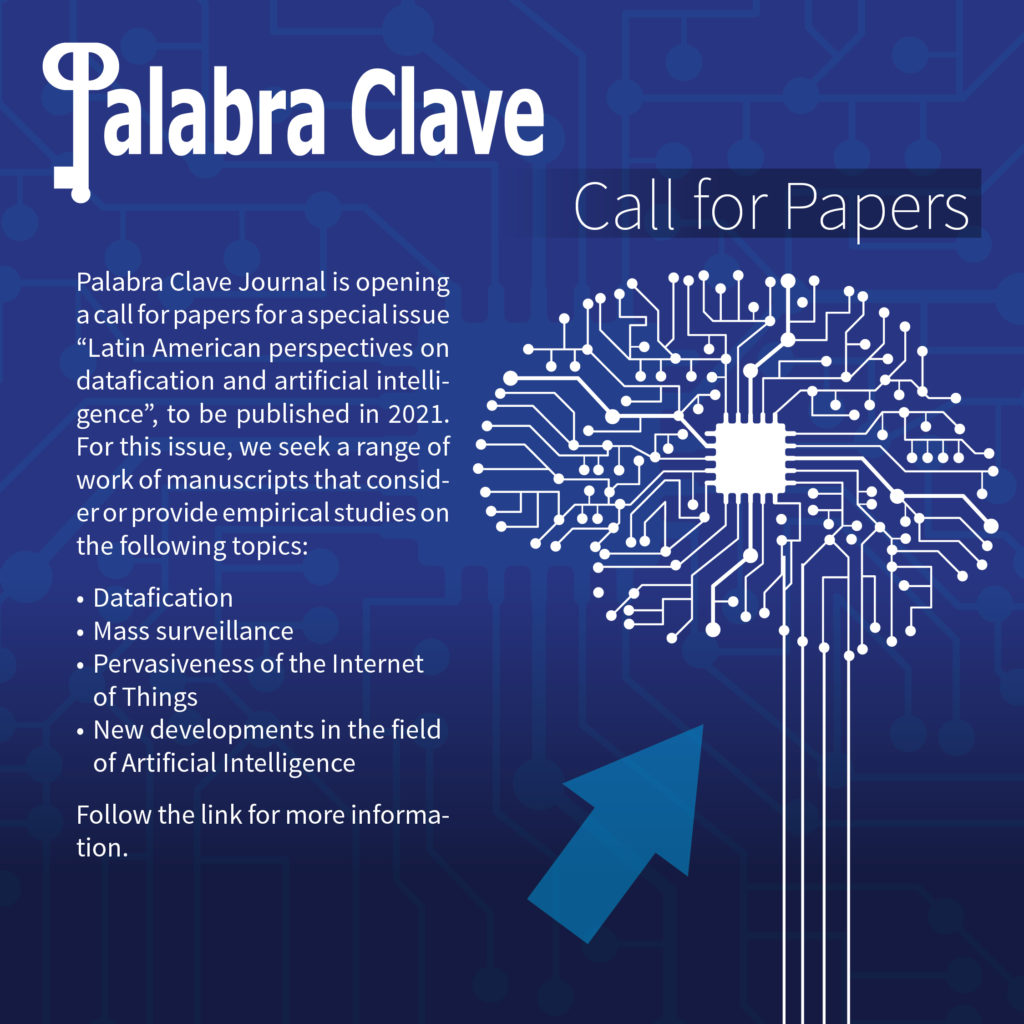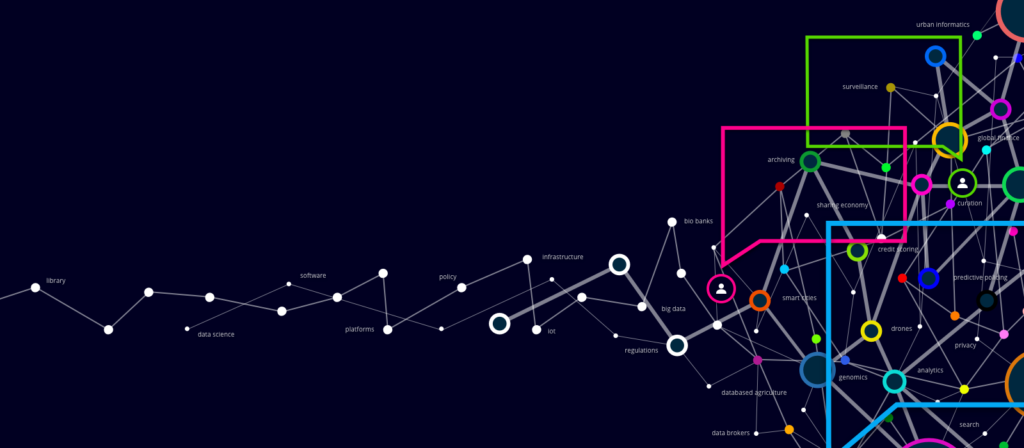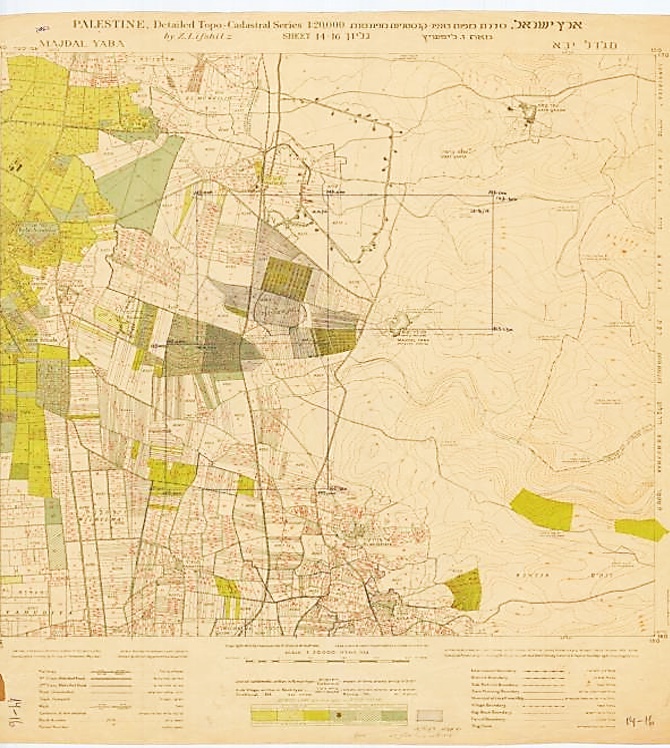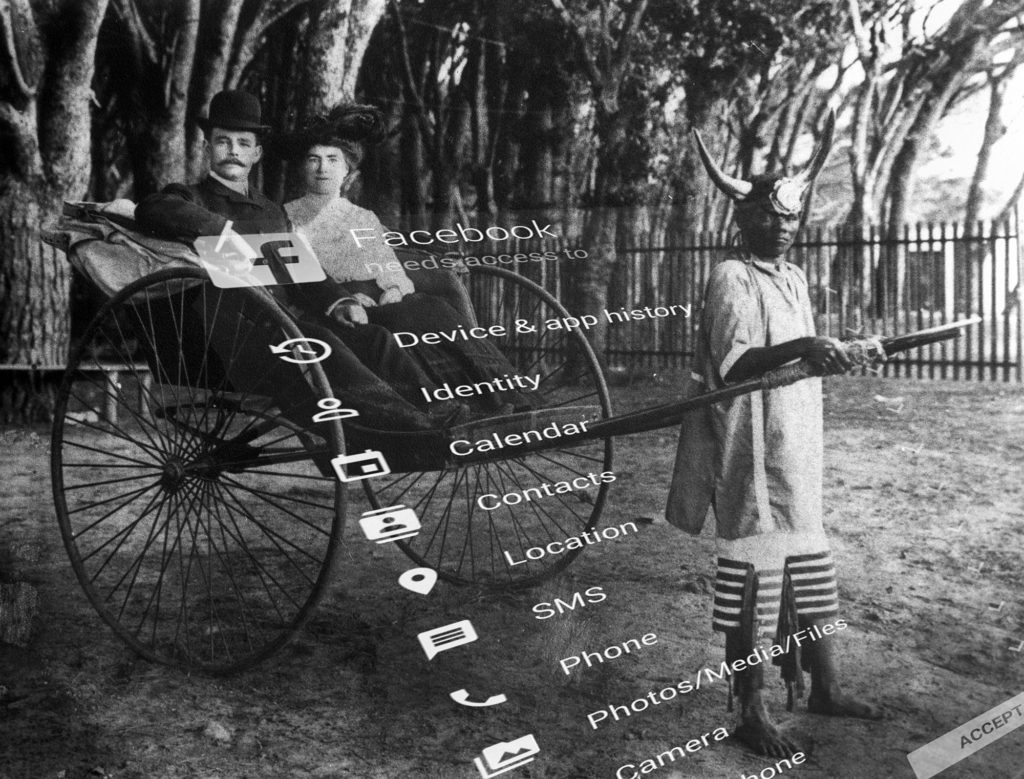Por Lucía Benítez Eyzaguirre
Resumen
La autonomía que van logrando los algoritmos, y en especial la inteligencia artificial, nos obliga a repensar los riesgos de la falta de calidad de los datos, de que en general no estén desagregados y los sesgos y aspectos ocultos de los algoritmos. Las cuestiones de seguridad y éticas están en el centro de las decisiones a adoptar en Europa relacionadas con estos temas. Todo un reto, cuando todavía no hemos logrado ni la soberanía digital.
Abstract
The autonomy that the algorithms are achieving and, especially, artificial intelligence forces us to rethink the risks of lack of quality in data, the fact that in general they are not disaggregated, and the biases and hidden aspects of the algorithms. Security and ethical issues are at the center of the decisions to be taken in Europe related to these issues. It looks like a big challenge, considering that we have not yet achieved even digital sovereignty.
IA y soberanía digital
Los algoritmos organizan y formatean nuestra vida. Como si fueran un software social y cultural, éstos se van adaptando a los comportamientos humanos, y avanzan en su existencia autónoma. Sin embargo, vivimos de forma ajena a su capacidad de control sobre la desigualdad, sobre la vigilancia de nuestras vidas o al margen del desarrollo inminente del internet de las cosas o de la inteligencia artificial (IA): como si pudiéramos darnos el lujo de ignorar cómo se van independizando cada vez más de las decisiones humanas. Ahora, por ejemplo, por primera vez se ha planteado si habrá que modificar los criterios de patentes después de la intención de registrar como propiedad intelectual los inventos y diseños hechos por una inteligencia artificial. De momento, ni la Unión Europea (UE) ni el Reino Unido se han mostrado dispuestos a aceptar una iniciativa de este tipo sin un debate sobre el papel de la IA y del escenario de incertidumbre que esta situación abre.
Es en este contexto que comienza a oírse una pluralidad de voces que piden una regulación de las tecnologías asociadas a la IA; un freno al futuro de un desarrollo autónomo e inseguro. Algunas de las corporaciones de los GAFAM -el grupo que concentra las cinco empresas más grandes en tecnología en el mundo-, como Microsoft o Google ya han pedido esta regulación. Es más, incluso pareciera que estos gigantes tecnológicos comienzan a avanzar hacia la autorregulación en cuestiones éticas o de responsabilidad social, a la vista del impacto que no hacerlo puede tener sobre su reputación. La cuestión para la UE supone valorar y reconocer los riesgos del devenir incontrolable de la IA, sobre todo en asuntos como la salud o la vigilancia. De ahí que parece que el reconocimiento facial en lugares públicos se frenará en los próximos años en algunos países de Occidente, para así prevenir los riesgos detectados en China.
Para combatir los riesgos de la IA hay que comenzar por asegurar la calidad de los datos y los algoritmos, investigar sobre los sesgos que producen y la responsabilidad sobre los errores y criterios. La IA se entrena en muchos casos con datasets no desagregados y a menudo ya sesgados, por lo que conducirá a algoritmos deformados y poco representativos de la población y a desarrollos parciales, de baja calidad y dudosos resultados. Frente al cada vez más numeroso trabajo que se realiza con datos masivos, apenas hay estudios técnicos sobre su impacto humano y social. Por lo mismo, trabajos como los del profesor Matthew Fuller son un clásico recurso para tomar conciencia de la importancia de la transparencia sobre el funcionamiento de los algoritmos. Fuller plantea la aplicación de sistemas que garanticen la condición verdadera de los resultados, la mejora del modelo a partir de un mayor número de conexiones, un funcionamiento que muestre las conexiones sociales o que ponga en evidencia que a menudo se supera la capacidad de los propios sistemas que se analizan con algoritmos.
Si queremos atender a los riesgos de la IA hay que comenzar por el logro de la “gobernabilidad algorítmica”. Este concepto supone la prevención del abuso y del control con el que los algoritmos regulan nuestra vida o con el que la programación rige nuestro quehacer, nuestras rutinas. Esta gobernanza es una garantía de la transparencia, con la supervisión colectiva de usuarios y empresas de los resultados, y la responsabilidad ante el uso de la información. Los algoritmos deben garantizar la transparencia y calidad de los datos (concepto conocido como open data en inglés), ofrecer su propio código de fuente abierto, que sea auditable por sus usuarios y que pueda responder a las reclamaciones fruto de los controles ciudadanos. Pero también es imprescindible que el algoritmo sea leal y justo, es decir, que evite la discriminación que sufren las mujeres, las minorías, o cualquier otro colectivo desfavorecido. Y si se trata de un algoritmo en línea, hay que tener también en cuenta las API (Application Public Programming Interface) públicas porque condicionan tanto la recolecta de datos como la forma en que se aplican técnicas comerciales, que oculta cómo se apropian de la información.
Este espíritu también se recoge en la Declaración de Zaragoza de 2019 a partir del debate de profesionales y académicos sobre los efectos adversos, y los riesgos potenciales. Sin embargo, esta declaración también señala las recomendaciones de uso de la IA, da a conocer sus impactos y su evolución en la sociedad. Esto lo hace a través de cinco puntos sobre las dimensiones humana y social, el enfoque transdisciplinar con el que abordar la AI, la responsabilidad y el respeto a los derechos, a partir de un código deontológico propio.
La Declaración pone el acento en la necesidad de desarrollos para las políticas de interés público y la sostenibilidad, pero siempre a partir de sistemas trazables y auditables, con un compromiso con los usuarios para evaluar el cumplimiento de sus objetivos y separar los defectos o desviaciones. En cuestiones éticas, la Declaración propone la formación de los programadores no sólo técnica sino ética, social y humanista, ya que los desarrollos de software también deben contemplar estas dimensiones, así como diferentes fuentes de conocimiento y experiencia.
La Declaración de Zaragoza también incluye un “derecho a la explicación” sobre las decisiones algorítmicas, siempre y cuando éstas entren en juego con los derechos fundamentales de las personas. A pesar del que el Reglamento General de Protección de Datos de la Unión Europea ha avanzado en derechos digitales, todavía estamos muy lejos de una soberanía tecnológica al estilo de la francesa. Desde 2016, Francia se rige por la “Ley de la república digital” que impulsa los algoritmos auditables, la neutralidad de la red, la apertura de datos, la protección de la privacidad y lealtad de las plataformas con la información de sus consumidores, el derecho a la fibra y a la conexión a Internet, el derecho al olvido, la herencia digital, la obligación de informar de las brechas de seguridad detectadas, las multas en materia de protección de datos.
LUCÍA BENÍTEZ
Dr. Lucía Benítez is an Associate Professor University, at Cádiz University (UCA). She’s a teacher at the Master in Strategic Management and Innovation in Communication, and the Master in Digital and Social Marketing Management, both at UCA. Dr. Benítez’s career is marked by Communication research in its different facets, a task that she’s dealing with from interdisciplinary approaches, in order to get close to the complexity and deep transformations due to the impact of Information and Communication Technologies (ICT).



